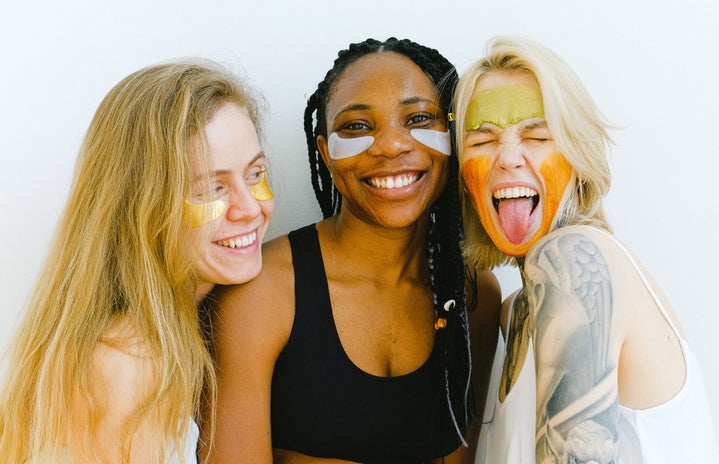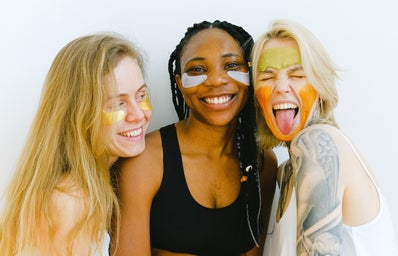If you have ever been to a Sephora, you have probably walked by the “Clean at Sephora” section. You may know what this means, but for those who do not, I am here to tell you exactly why it is so important to use clean beauty products. Unfortunately, many of the products that we use everyday contain ingredients that are incredibly harmful to our bodies, but we would never know because of the lack of transparency in the industry, and the misleading information that companies provide. So, it is our job as consumers to educate ourselves and make the best decisions for our health and well-being.
When a beauty product is labeled as “clean”, it is implied that it is free from toxic ingredients that may have damaging effects on the body. Clean is a broad term that includes the promise that the product is organic, cruelty-free, natural (natural ingredients are used in replacement of more generic, toxic ones), and green (the making of the product, as well as the packaging, does not have a negative impact on the environment). Since our skin absorbs whatever we put on it, toxic ingredients found in products can end up in our bloodstream, which is why it is essential to research the good versus the bad in skincare and makeup.
The first step to becoming a clean beauty consumer is simple: read the labels on the products you are purchasing and using. Some common harmful ingredients to look for include sulfates, parabens, fragrances, synthetic dyes, formaldehyde, and silicones. Practicing this will allow you to spot and avoid problematic brands in no time. If you are unsure of an ingredient’s safety, looking it up in an online cosmetic ingredient dictionary will provide a detailed description and any known effects.
One thing to keep in mind is that the FDA doesn’t regulate cosmetics. This is obviously a major issue in the industry, as any brand can say whatever they want about their products–true or not. Many companies take part in “greenwashing”, claiming to be clean on their labels while actually using toxic ingredients, which is sadly legal with no one there to correct it. For example, Drunk Elephant, a fan-favorite skincare brand found in the clean section at Sephora, has been accused of greenwashing as their claims of being clean have been contradicted by the harsh synthetic chemicals found in their products. It is easy to see this brand in a clean section and assume its validity, but it is crucial to know the profit motivation behind these big companies. So, take the “natural” labels with a grain of salt, and instead take a few extra minutes to clarify for yourself.
This information is a great start to understanding the clean beauty movement, and although the beauty industry has a long way to go before we can fully trust the products on the shelves, there is definitely a trend toward clean beauty in the market. The more people that are educated about the ingredients in their products, the more likely we are to see changes. Until then, here are some brand suggestions if you are looking to make the switch to clean beauty:
Sources:


